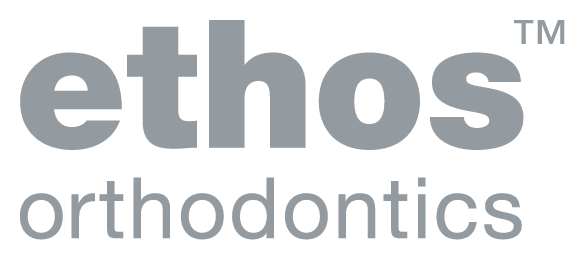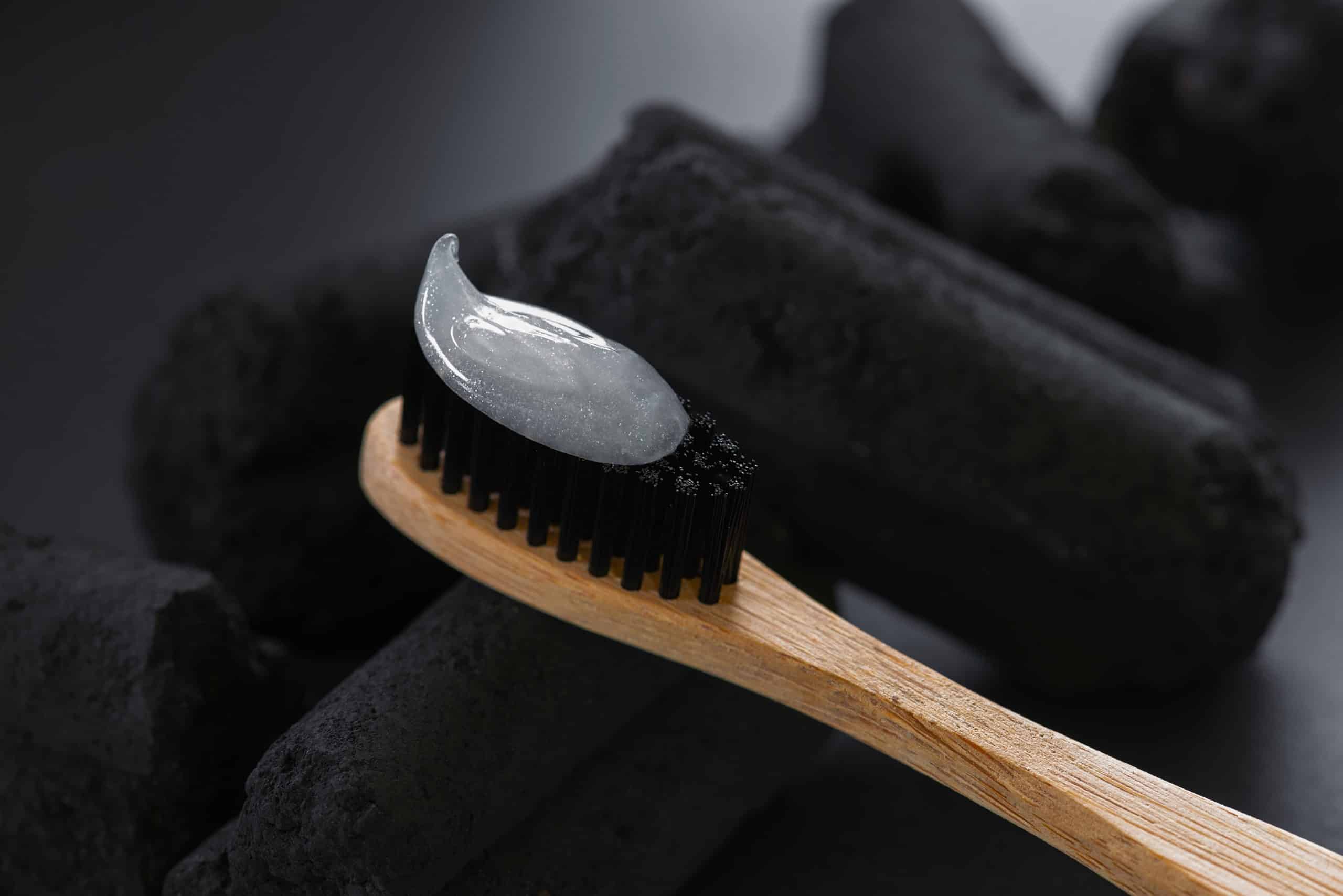The popularity increase of charcoal in oral health products has seen many influencers promote the many ‘health benefits’ online, including teeth whitening. However, the Journal of the American Dental Association found insufficient evidence to support these claims.
What is charcoal toothpaste?
You can be relieved to know the ingredients used in charcoal toothpaste aren’t the same black stuff you find in your barbeque. The toothpaste is made up of a form of activated charcoal, which is essentially a form of carbon. The way it works is that it absorbs other particles and toxins, which you then spit out after brushing your teeth.
As charcoal toothpaste forms a black paste in your mouth, many choose to use a standard dental mouthwash to get rid of any excess charcoal residue. Many new users record immediate results and satisfaction after just a couple of uses. However, the British Dental Journal tested 50 different charcoal-based products and concluded they were causing more harm than good.
Researchers found the charcoal in these products were scratching off the protective layer on our teeth, leaving them bare and exposing cracks in teeth to further damage. This same study also found charcoal to cause abrasion to enamel and discolouration to white filling materials. Many of these products promote their inclusion of fluoride; however, activated charcoal is known to absorb the chemical, rendering it useless.
What are the known pros of charcoal toothpaste?
To date, the known benefits of charcoal toothpaste are:
- It may help remove surface stains on the teeth.
- It may improve bad breath.
- It may help prevent staining when used occasionally after a professional cleaning.
What are the cons of charcoal toothpaste?
- It’s abrasive and may wear down tooth enamel and make teeth appear yellow.
- It doesn’t remove stains below the enamel.
- Everyday use could cause tooth sensitivity.
- Most brands of charcoal toothpaste do not contain fluoride, which is often used to prevent cavities and tooth decay.
- It could stain older teeth and dental restorations, like veneers, bridges, crowns, and white fillings.
- Its long-term effects and safety are still not known.
Is charcoal toothpaste safe to use?
There is no denying that people have noticed several benefits when using charcoal toothpaste, including teeth whitening and bad breath. However, the increase in researchers and dental boards warning against the use of the product should not be ignored.
If you are searching for a whitening treatment that is safe, reliable, and professional, book a consultation with one of our Ethos treatment planners today. We have created our very own teeth whitening service and take-home kit, guaranteed to give you the bright and shiny pearly whites.
Can you use charcoal toothpaste with braces?
While charcoal toothpaste can have benefits for your oral health, we would recommend being cautious when it comes to mixing charcoal and braces. Due to the abrasive nature of charcoal, it can actually cause more harm than good for your braces. Apply gentle strokes with a light hand, and consider using it in conjunction with a regular toothpaste for one minute each.
If you are searching for an alternative toothpaste or wanting to improve your oral health speak to an Ethos Orthodontist or your dentist first, before making serious changes.




